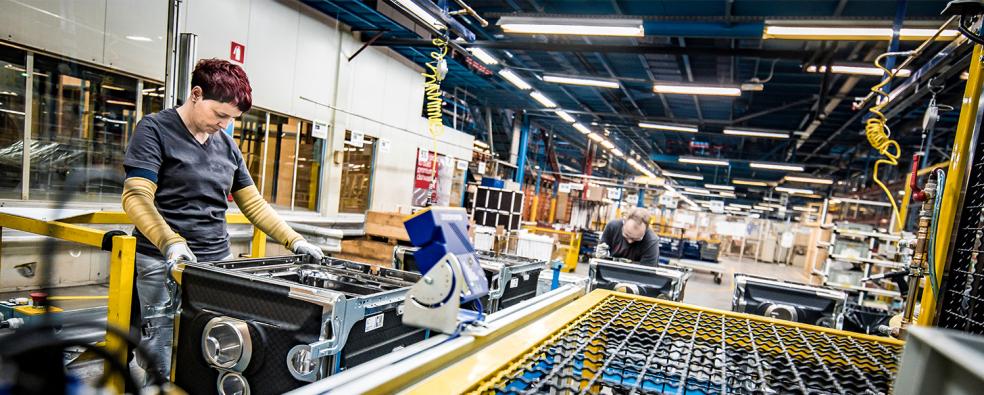With the holiday season quickly approaching, we wanted to update you on how the holiday break will impact our GBCTechTraining technical, tutorial, and administrative support.
Office Hours
The Student Support Center will be closed from Friday, December 23, 2022, to Monday, January 2, 2023.
